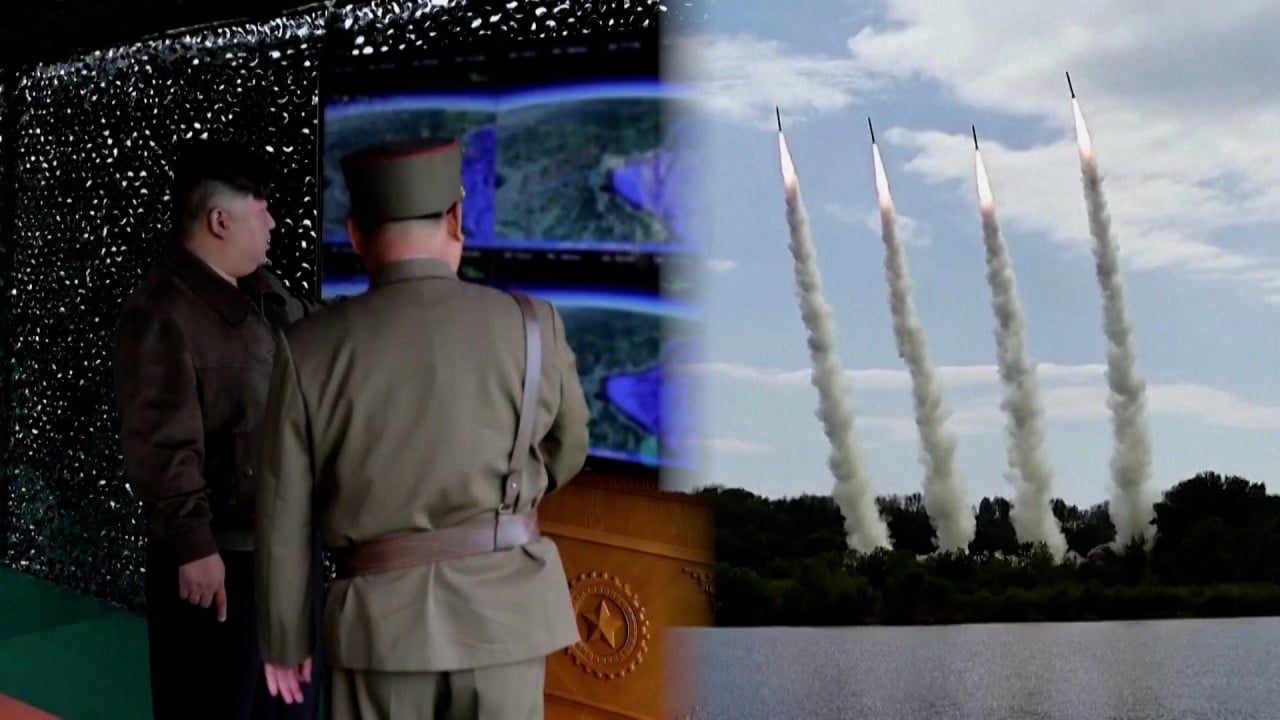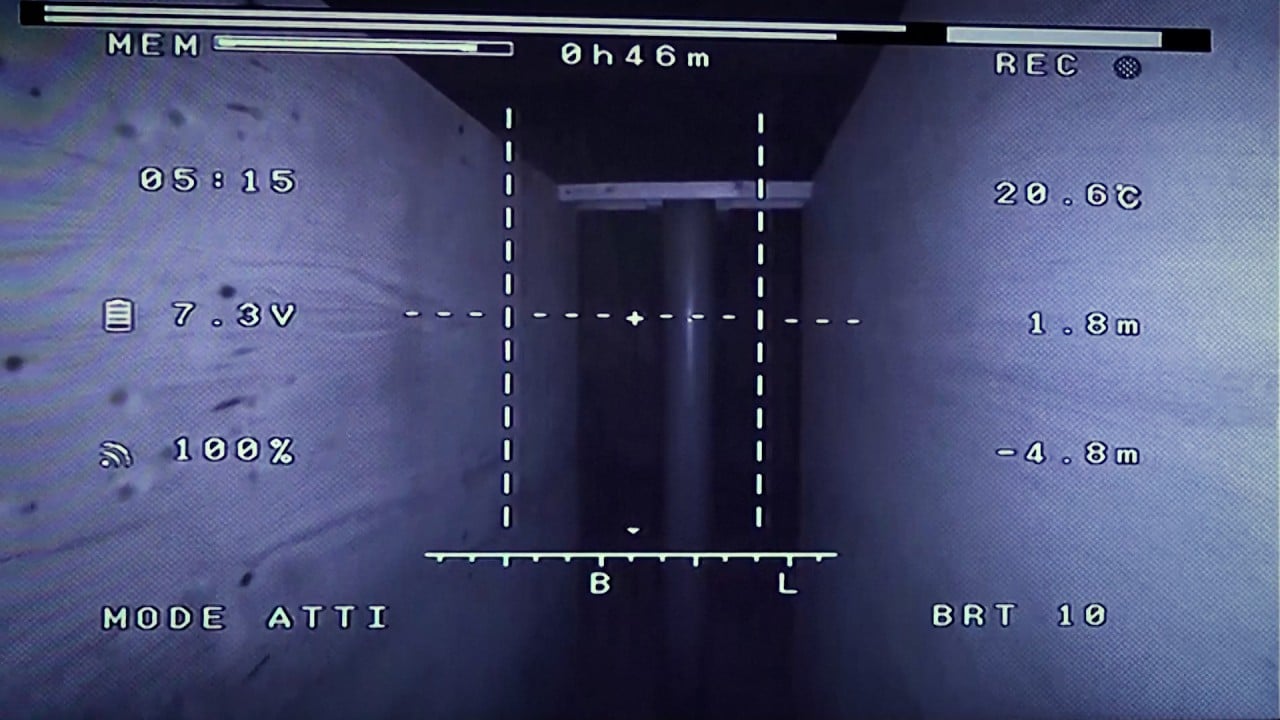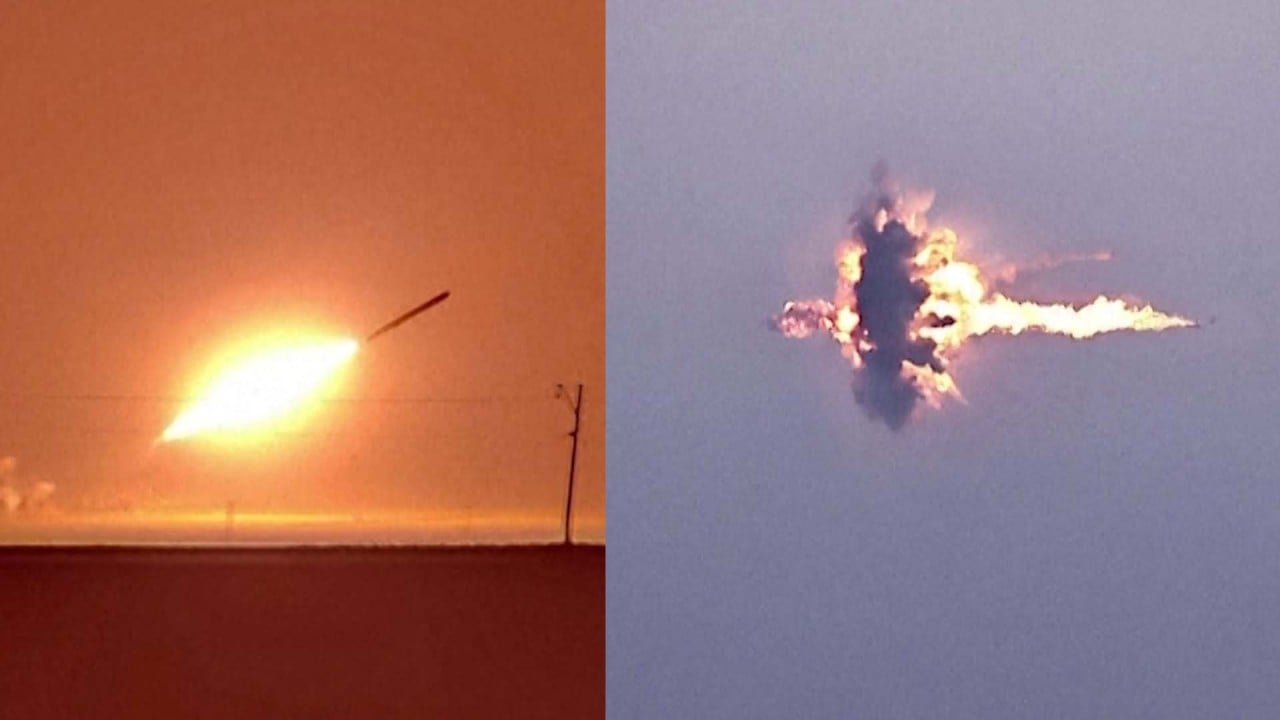Could Japan and South Korea join the nuclear club? Cold war fears put the prospect in play
The nuclear options used to be largely a taboo topic in the two US treaty allies after World War II, with Washington instead promising to keep both Seoul and Tokyo under its nuclear umbrella.
However, there were doubts in South Korea in the 1970s about how far the US could be relied on in the event of an attack from the North, prompting Seoul to launch a secret nuclear weapons programme – only for it to be abandoned later under US pressure.
But with the backing of China and Russia, North Korea has rapidly expanded its nuclear abilities to become a de facto nuclear power, fundamentally changing the nuclear balance on the peninsula and significantly raising the stakes for a US military intervention.
A February poll by Gallup Korea showed that nearly 73 per cent of South Koreans said their country should have its own nuclear weapons, given the North’s repeated threats of nuclear attacks.
Another poll in late June found that 66 per cent of respondents were in favour of going nuclear, Yonhap News Agency reported, citing a survey by the state-funded Korea Institute for National Unification.
Over 44 per cent said they preferred to keep US troops out of the country and develop South Korea’s own nuclear weapons, the first time public support for nuclear armament outran support for American troops, the news agency said.
Fewer people also thought the North would not use nuclear weapons against the South, with the share of those respondents falling more than 23 percentage points to 31 per cent from a 2017 survey.
Echoing the public sentiment, some South Korean politicians, including President Yoon Suk-yeol, have called for the development of the country’s own nuclear weapons, a step Washington opposes.
Yoon said in January last year that if North Korea’s nuclear threat continued to grow, South Korea might consider building its own nuclear weapons or asking the US to redeploy tactical nuclear weapons on the peninsula – arms that Washington withdrew in 1991.
A poll by the Asahi Shimbun newspaper in March last year showed 51 per cent of respondents supported restarting nuclear reactors, while 63 per cent were open to discussions of a nuclear-sharing option with the US in the wake of the Ukraine war.
Russia’s invasion of Ukraine was also cited as a turning point in Chinese and Japanese views about the prospect of a nuclear war, with a rare survey showing more pessimistic perceptions in China than in Japan.
The survey jointly conducted last year by China International Communications Group and Genron NPO, a Japanese think tank, said over 52 per cent of Chinese respondents believed the world could see a nuclear war “in the next few years” or “not-so-distant future”. In contrast, nearly 40 per cent of Japanese respondents said nuclear conflict was possible in the next few years or not-so-distant future.
The Chinese foreign ministry last week slammed this extended deterrence as a “Cold War relic”, saying US-Japan collaboration on nuclear deterrence would “stimulate regional tensions and heighten risks for nuclear proliferation and conflict”.
Kishida shot back in Hiroshima on Tuesday, claiming extended deterrence was “an extremely important means to protect the lives of the people”, and that nurturing trust with the US would help them work together towards a world without nuclear weapons.
From the perspectives of Japan and South Korea, it is Beijing’s worsening ties with Washington, its own nuclear ambitions and the indulgence of Pyongyang’s nuclear brinkmanship that have brought Seoul and Tokyo closer to its American ally.
In a survey by the Pew Research Centre last year, 76 per cent of Japanese adults said they saw China as a bigger threat than North Korea’s nuclear weapons.
A veteran South Korean analyst quipped: “If China is serious about denuclearisation and the peace and stability of the Korean peninsula as it has been saying, the Chinese leader should invite [North Korean leader] Kim Jong-un and Yoon to have reconciliation talks in Beijing.”
Washington’s attitudes on whether its regional allies should be allowed to have the nuclear option also appear to have shifted over the years.
Former US secretary of state Henry Kissinger said in an interview last year that Japan was “heading towards becoming a nuclear power in five years”.
Some US experts have even suggested that Washington should use the threat of its support for a nuclear Japan and South Korea to force China to take part in meaningful arms control negotiations.
They point to past success during the Cold War of Washington’s use of coercion, such as the deployment of nuclear-tipped missiles in Europe, to compel the Soviet Union to stay at the negotiating table.
Mainland experts also expressed frustration about Beijing’s refusal to reflect on its own problems and missteps in handling ties with Seoul and Tokyo.
“Realistically speaking, the best hope for China is that the US will block Japan and South Korea from developing nuclear weapons for as long as possible,” a regional affairs expert commented.


